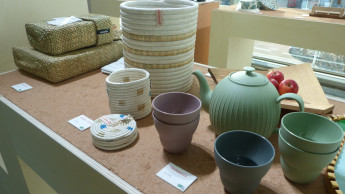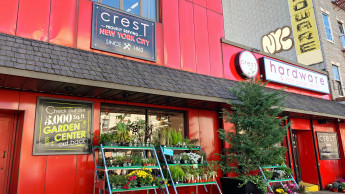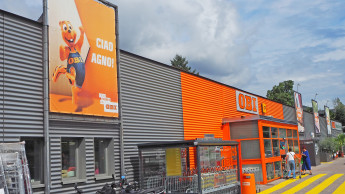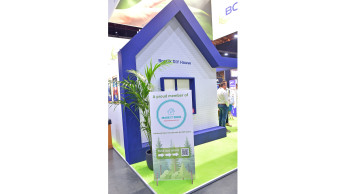

deep insights, facts & figures

It was the smaller sized firms that carried when many of America's original home improvement chains succumbed to the two giant competitors
While the DIY world's attention for several decades has been focused on Home Depot and Lowe's, the world's two largest home improvement chains who dominate the US market and dwarf the sales of leaders in other countries, thousands of much smaller chains and independent retailers in the United States have been successfully competing with the two giants and quietly growing their own businesses. Indeed, it was the intermediate sized chains that succcumbed to the two giant competitors, not the smaller, more agile and localized firms. One particular group of survivors consists of 14 retailers who have been meeting together for decades, initially to share ideas and exchange thoughts on how to better serve their customers, then later, as the two home improvement chains became more dominant, how to compete with these giants. That group of retailers, which operates from New England to Hawaii, is the BIG Group, BIG standing for Better Information Group. They range from a single-unit giant home centre, which now actually shares a parking lot with a Home Depot unit, to a chain of 120 neighbourhood hardware stores averaging about $ 1 million in annual sales. Some primarily serve builders and contractors, while others focus their attention on DIYers, but together they've all learned how to survive. Each has built its success on emphasizing a clear understanding of local needs' of providing top-notch customer service' and offering quality products at competitive prices. Their stores vary in size and merchandise assortments. In their marketing efforts, they emphasize the quality of their employees - stressing their training, experience and helpfulness. The BIG Group was founded some 40 years ago as an idea-exchange group. The members have learned from each other about hot selling new products, about promotional ideas that work (and some that don't) and how to better train and educate their staff. Each year, the top executives of these firms meet to discuss competitive conditions... what exciting new products each of them might have found to share with each other... how to better train and motivate their employees... and how to continue promoting their advantages in the face of multi-billion-dollar competition. The history and experience of the diverse BIG Group members proves that there is no single way to succeed against the two DIY giants. Here, then, is a look at 14 ways retailers can succeed when competing against such giants. All American Home Center - Downey…
Related articles
Read also

 Menü
Menü












 Newsletter
Newsletter